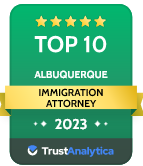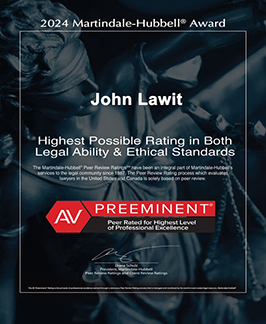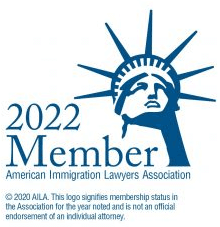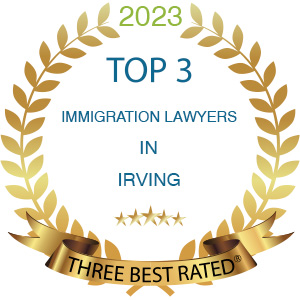
Office Location is Irving, Texas and Albuquerque, New Mexico
Call 214-609-2242
The Path to a Green Card for Domestic Violence Victims
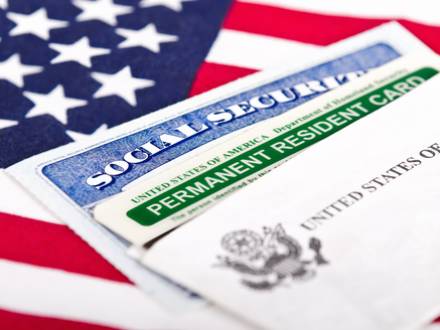 Immigrants experiencing domestic violence can get help fighting deportation and pursuing permanent residency without relying on their marriage. While you may feel alone, this is not the case. It is important to know that both citizenship and escaping your abuser are possible. The Violence Against Women Act (VAWA) offers protections for immigrants seeking a visa.
Immigrants experiencing domestic violence can get help fighting deportation and pursuing permanent residency without relying on their marriage. While you may feel alone, this is not the case. It is important to know that both citizenship and escaping your abuser are possible. The Violence Against Women Act (VAWA) offers protections for immigrants seeking a visa.
Under VAWA, the process of a visa is confidential. This means that a spouse who has controlled you with threats of deportation does not have to know that you have taken steps to gain permanent residency. If you can safely find a way to contact an Arlington, TX VAWA visa attorney from John W. Lawit, LLC, we will take every precaution to protect you while working toward your citizenship.
What is the Violence Against Women Act?
In 1994, the Violence Against Women Act was passed as a landmark legislation that reflected the progress our nation has made in reducing domestic violence and supporting the survivors of domestic violence. Between 1993 and 2022, the yearly domestic violence rates dropped by 67 percent, and rape and sexual assaults against women declined by 56 percent.
In the more than three decades since the original VAWA was signed into law, the Act has been reauthorized and strengthened four times. In 2022, this included critical legislation that expanded access to support and safety for survivors of domestic abuse. It also included increased efforts to prevent domestic violence and new federal protections against abuse and online harassment.
Am I Eligible to Apply for a VAWA Green Card?
Eligibility to apply for citizenship under the VAWA requires proof that the applicant has been subjected to cruelty by a U.S. Citizen and has resided in the United States for a minimum of three years. You can self-petition if you or your children are being abused by your spouse who is a U.S. citizen or lawful permanent resident. Abuse under the VAWA can include:
-
Physical abuse
-
Sexual assault
-
Emotional abuse
-
Economic control
-
Psychological abuse
-
Intimidation
-
Isolation
Evidence of your abuse is required, although a police report detailing the abuse is not necessarily needed. You must have evidence of your abuser’s status, evidence of your relationship with the abuser, documentation showing you have a shared residency, evidence of abuse, an affidavit of good moral character with a criminal background check, and evidence your marriage began in good faith.
How Do I Apply for a VAWA Green Card?
There are two steps to an application for a green card through the VAWA. You must file a self-petition with supporting evidence and apply for an adjustment of status. While this sounds relatively simple, the process can be confusing, and any incorrect or missing information can jeopardize your application. An experienced VAWA lawyer will ensure all forms, including Form I-360, are properly filled out, and all necessary evidence is included. If your self-petition is approved by the USCIS, you will file Form I-485 to Adjust Status or Register Permanent Residence. If approved, you will be granted your green card.
Contact a Dallas County, TX VAWA Visa Lawyer
Humanitarian visa seekers can significantly benefit from speaking to an experienced Irving, TX VAWA Visa attorney. Attorney John Lawit has practiced immigration law for more than 40 years, representing clients before DHS and consulates throughout the world. He has contributed extensively to the field of immigration law and was instrumental in establishing the Immigration Section of the Dallas Bar Association. Contact John W. Lawit, LLC at 214-609-2242 to schedule a consultation. Se Habla Espanol and we speak Korean.

